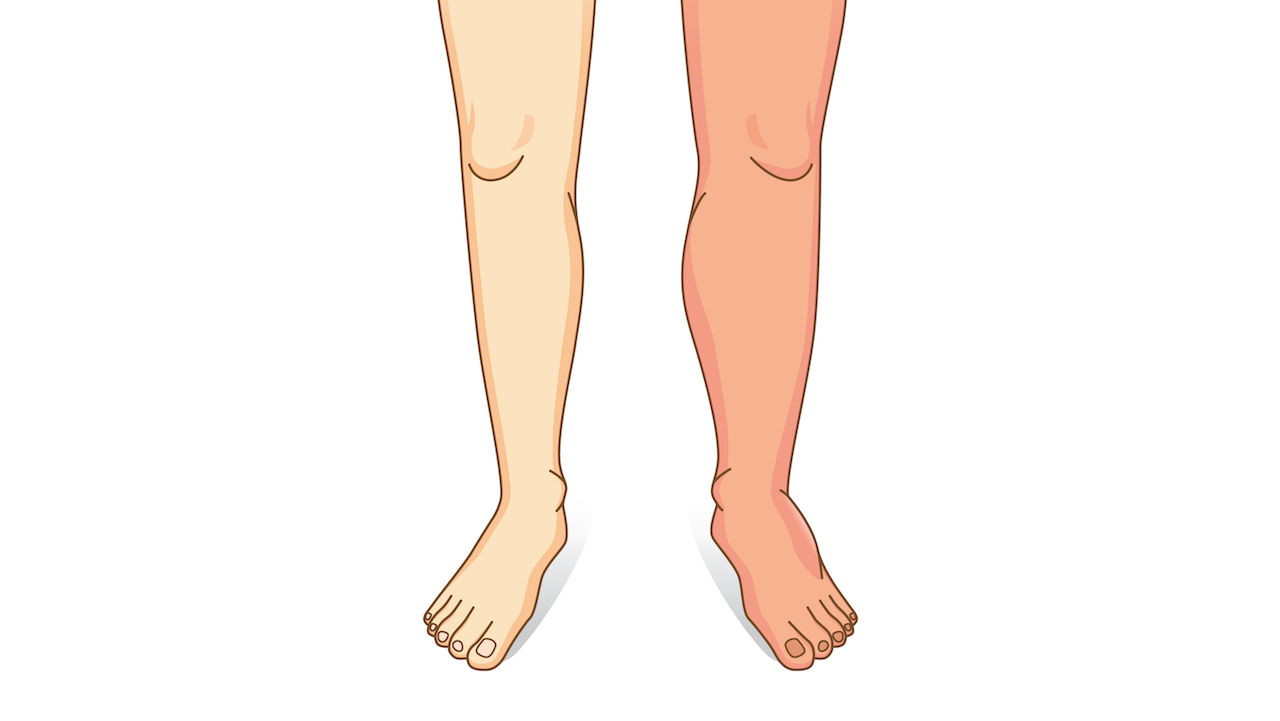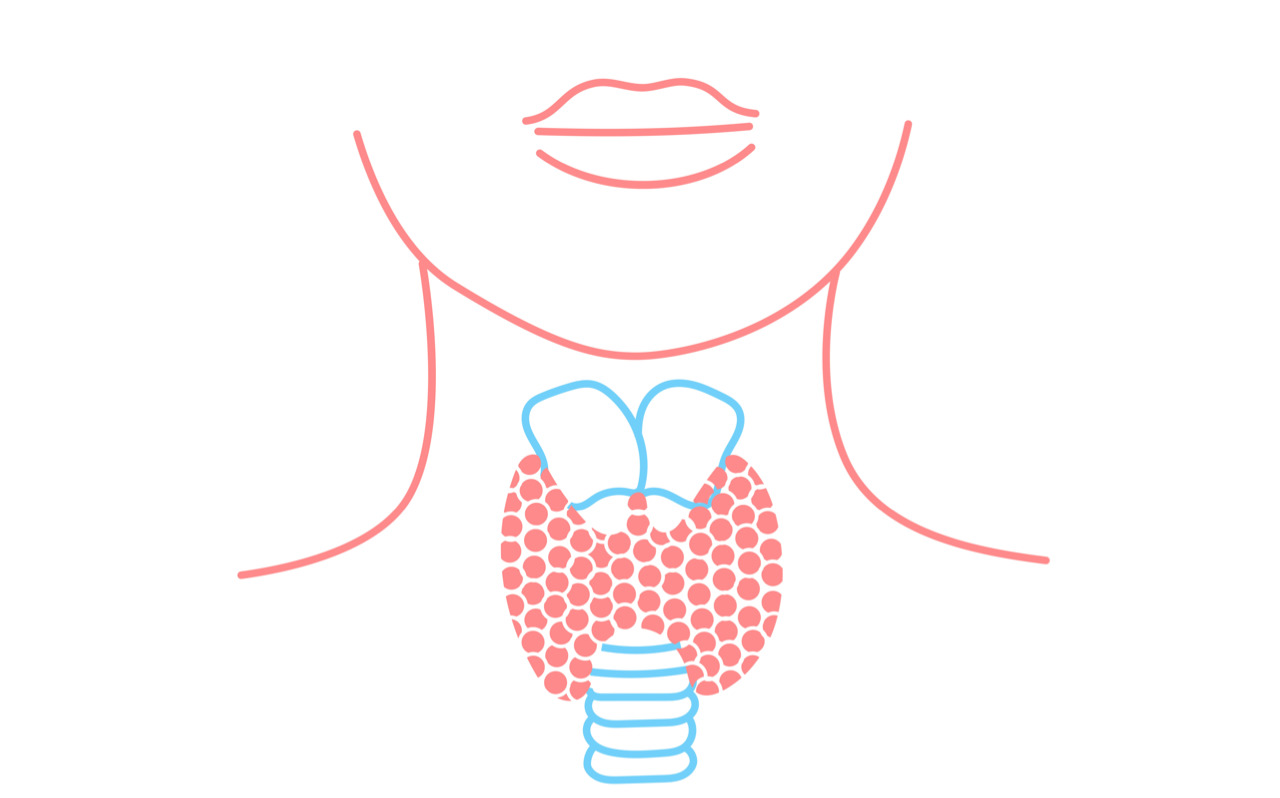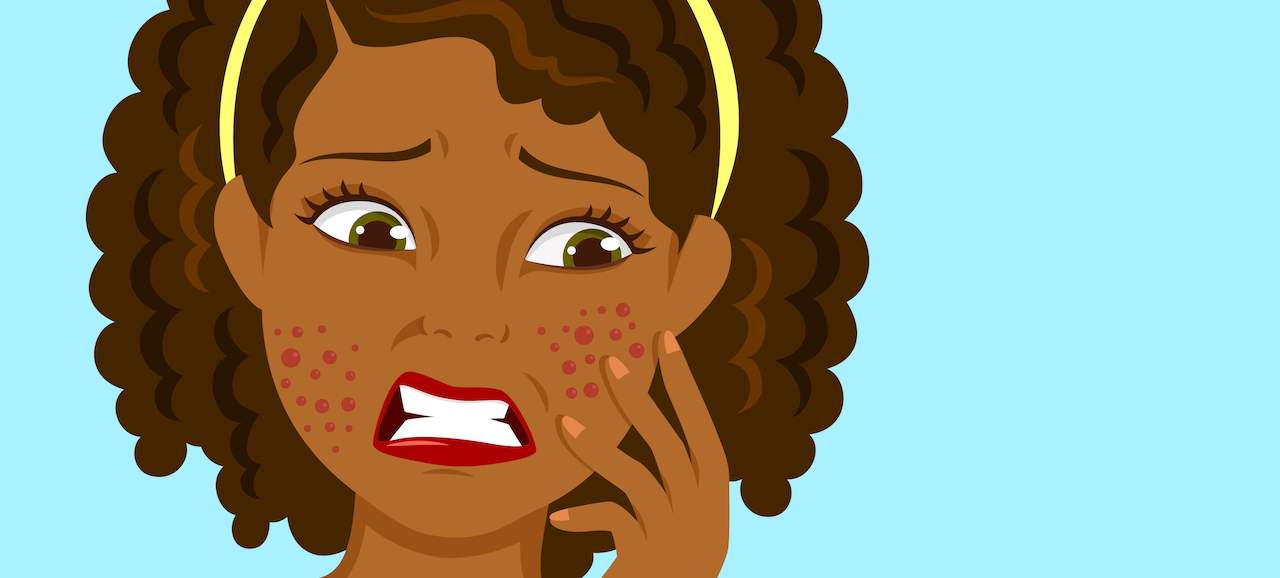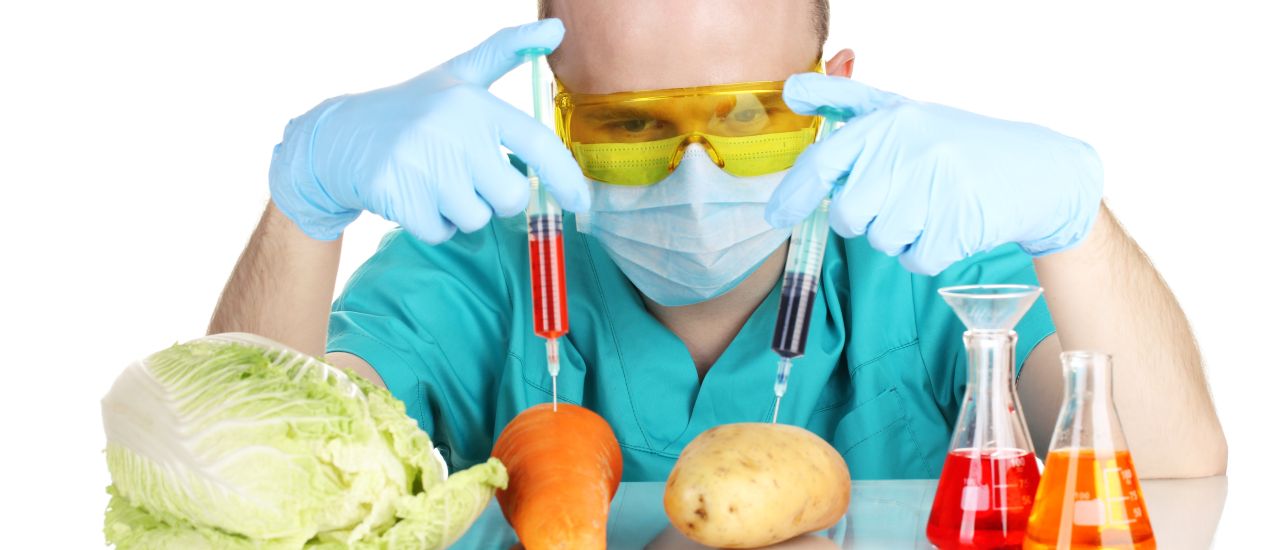You’re trying to slip into your favourite shoes, but they don’t fit! Why? Have your feet grown overnight? Almost! Say hello to swollen feet.
Your feet have a massive job: they enable you to walk, stand, jump, run, dance and support your entire bodyweight. It’s no surprise, then, that everyone has swollen feet at some point of their lives, for various reasons.
The most common cause for swollen feet, is a build-up of fluid, usually around the ankles. Other causes include injuries, being on your feet too much, being inactive or anytime when your feet doesn’t move around a lot.
Treating them, usually depends on why your feet are swollen in the first place.
1. You weigh too much
When you’re overweight, the excess fat weighs your body down. The pressure of the fat reaches your feet too because your legs and feet carry your weight. This may cause your feet to swell.
How to fix it
If you suspect your weight is causing your feet to swell, talk to your doctor. Ask him about changes you can make to your diet and exercise habits to help shed the weight.
2. Your hormones are fluctuating
Most women experience bloating the week before their period. This is normal after hormone changes during ovulation. PMS (premenstrual syndrome) can also cause swollen feet if it happens during your period cycle. The swelling is noticeable in your legs and feet because of gravity.
How to fix it
Ease the bloat by drinking more water and cutting down on salt. Exercise will help with circulation which may decrease the swelling.
3. You eat too much salt
Salt adds flavour to your meals, but it also makes your body hang on to water. When your body has too much water, it may cause your body to swell, including your feet.
How to fix it
Stick to one teaspoon of salt per day and check food labels for the amount of salt. Season your food with spices and herbs instead.
4. You’re injured
A sprained ankle is the most common foot injury. It happens when the ligaments get damaged, and usually causes swelling and pain.
How to fix it
Reduce the swelling by resting your injured foot. Place an icepack wrapped in a towel on the sprain for 20 minutes at a time. Wrap your foot with a bandage and keep it elevated on a pillow or stool. Talk to your doctor if your foot doesn’t improve with home treatment.
5. You have an infection
If you have diabetes, arthritis or blood circulatory problems, you’re at a higher risk of getting an infection. An infection can get worse quickly, because it reduces blood flow, including to your feet. You can also get an infection if you have broken skin; as bacteria can enter through the wound. Ingrown toenails or shoes that are too small can cause an infection too.
How to fix it
Keep your feet clean and dry at all times. Wash and bandage minor scrapes or cuts immediately. Wipe down gym equipment, table tops and objects in your home with an antibacterial liquid before using them. Talk to your doctor if you have a scrape or cut that’s taking long to heal.
Foot care tips
- Clip your toenails properly. Cut the nail straight across and avoid snipping too close to the skin.
- Dry your feet properly between each toe after washing.
- Protect your feet in public areas. For example, wear shower shoes in the gym’s bathroom.
- Avoid sharing shoes.
- Check your feet after showering. Look out for discoloured toenails, sores or peeling skin.
References
- https://www.webmd.com/a-to-z-guides/ss/slideshow-swollen-feet
http://www.kcfoot.com/blog/473-simple-ways-to-prevent-foot-infections - http://www.health.com/heart-failure/swollen-feet#05-hormonal-changes-swollen-feet
- https://www.webmd.boots.com/foot-care/swollen-ankles-and-feet
- https://www.webmd.com/a-to-z-guides/swollen-ankles-and-feet#1










